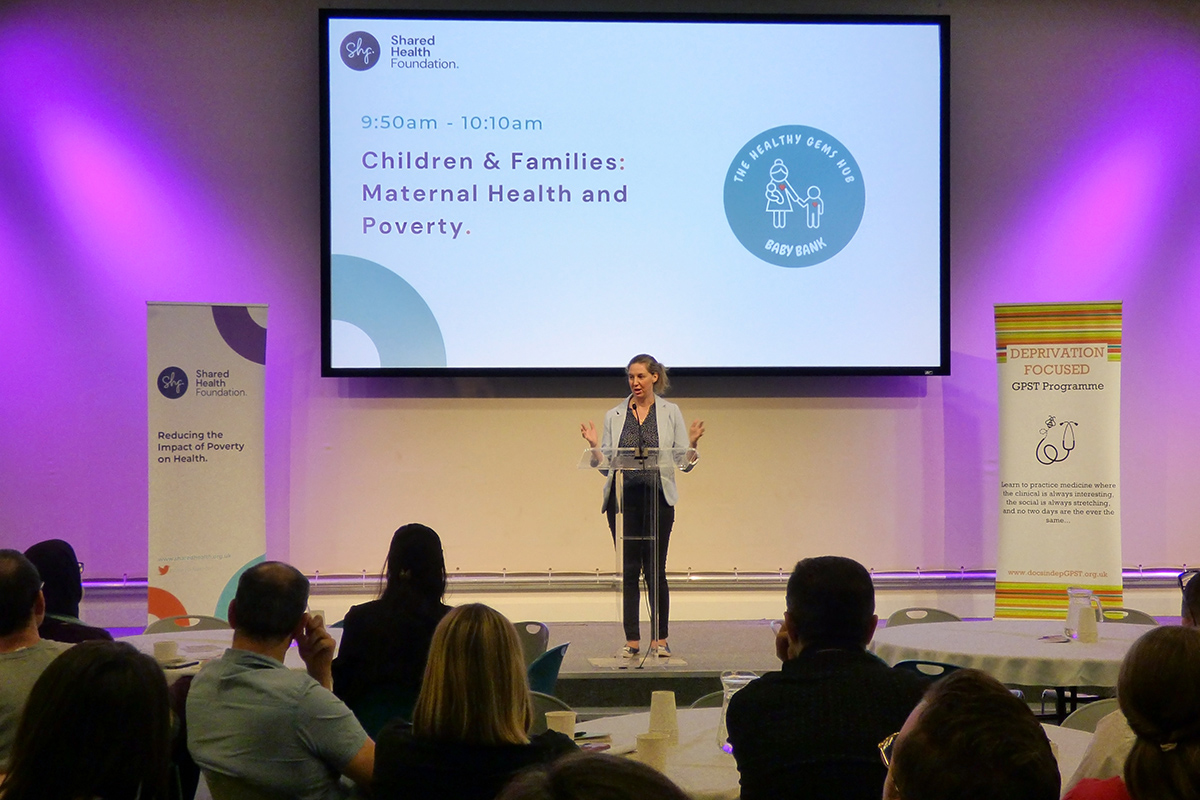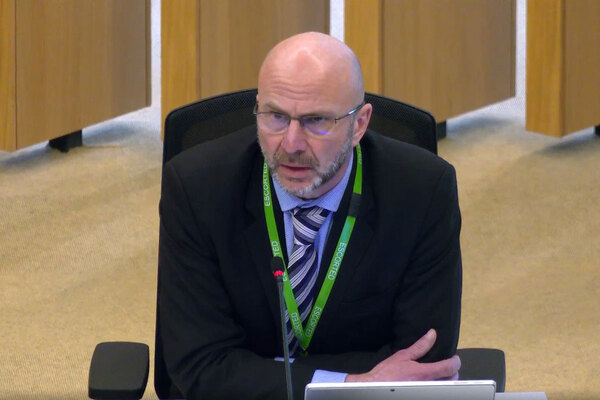You are viewing 1 of your 1 free articles
Councils to get nearly £1bn new funding to tackle homelessness
Councils in England will receive nearly £1bn in new funding next year to deal with and prevent homelessness, the government has announced.
Angela Rayner, the deputy prime minister and housing secretary, said she would allocate the funds to local authority budgets to increase resources for frontline homelessness workers.
She described the intervention as the “largest-ever investment” in homelessness prevention service and said it marks a “turning point”.
Ms Rayner said it will give councils “the tools they need to act quickly and put in place support for people to tackle, reduce and prevent homelessness”.
It comes after chancellor Rachel Reeves said in the Autumn Budget that £233m of additional grant funding would go to preventing homelessness and rough sleeping next year.
MHCLG confirmed to Inside Housing that the £1bn figure announced today comprised of £767m in existing funding and £233m additional funding, as set out in the Budget.
The funding, which will be introduced from April, includes £633m for the Homelessness Prevention Grant, a £192m increase from this year, which is allocated based on local pressures.
Around £5m will go to emergency accommodation reduction pilots, working with 20 councils with the highest use of B&Bs for homeless families.
The rough sleeping and single homelessness grants will be consolidated into a single £185.6m Rough Sleeping Prevention and Recovery Grant.
The Rough Sleeping Accommodation Programme, which provides supported longer-term housing, will receive £37m.
The Rough Sleeping Drug and Alcohol Treatment Grant will receive £58.7m to continue supporting drug and alcohol treatment as well as mental health programmes.
The Changing Futures programme, which offers long-term support for adults with multiple disadvantages such as homelessness, substance abuse and domestic abuse, will receive £10m.
A total of £7.6m will go to grants supporting the voluntary sector, including StreetLink, which encourages people to notify their authority if they have seen someone sleeping rough.
Parts of the funding can be used for services including mediation between tenants and landlords to prevent evictions, help to find new homes and deposits to access private renting.
Councils can also choose to channel funding into Housing First, which offers wrap-around support for people with complex needs such as drug and alcohol abuse.
Local authorities will also be able to continue funding for prison leavers to access private rented homes and education and employment programmes, as well as support groups to help them avoid homelessness.
The Ministry of Housing, Communities and Local Government said that England is in the grip of “the worst housing crisis in living memory”.
A record 123,100 homeless households are now living in temporary accommodation, including almost 160,000 children.
Around 40% of homeless families are living in B&Bs or nightly let accommodation, and the use of this emergency accommodation has doubled in three years. Many of these places lack basic facilities such as kitchens.
An inter-ministerial group chaired by Ms Rayner is working with mayors and councils to develop a homelessness reduction strategy. She said she was “pulling every lever of the state to ensure that we deliver not just sticking plasters but a long-term plan”.
Rushanara Ali, minister for homelessness, said: “Our funding will not only support councils delivering vital services that meet the needs of their communities, but also pave the way for our long-term plan to get us back on track to end homelessness once and for all.”
Adam Hug, housing spokesperson at the Local Government Association, said: “The new funding announced today will be a great help to councils as they seek to end homelessness, and will help to relieve some of the financial burden they are under.
“We look forward to collaborating with the government as they develop their cross-government homelessness strategy.”
Matt Downie, chief executive of Crisis, said: “With homelessness at record levels, we’re delighted to see the government taking action to ensure councils have the necessary funding and the ability to use innovative approaches to tackle this crisis.”
Emma Haddad, chief executive of St Mungo’s, also welcomed the announcement.
However, he called for a focus on and more funding for supported housing, otherwise the homelessness crisis will “continue to worsen”.
Rachael Williamson, interim policy director at the Chartered Institute of Housing, said: “We welcome further details on the £1bn of additional homelessness funding for local authorities, as announced in the Autumn Budget.
“We support the government’s commitment to prevent homelessness, reduce reliance on costly nightly temporary accommodation, and simplify how councils can use these vital funds.”
Fiona Colley, director of social change at membership body Homeless Link, said: “Today’s announcement represents a win for the homelessness sector, fulfilling our ask of a one-year funding rollover so that services can continue to provide vital support to some of the most marginalised people in our society.
“We would now urge local authorities to confirm homelessness services’ contracts swiftly, providing much needed financial certainty and enabling them to plan ahead. These should include uplifts to cover the full cost of inflation and the increases to National Insurance Contributions and National Living Wage.”
Sign up for our homelessness bulletin
Already have an account? Click here to manage your newsletters












